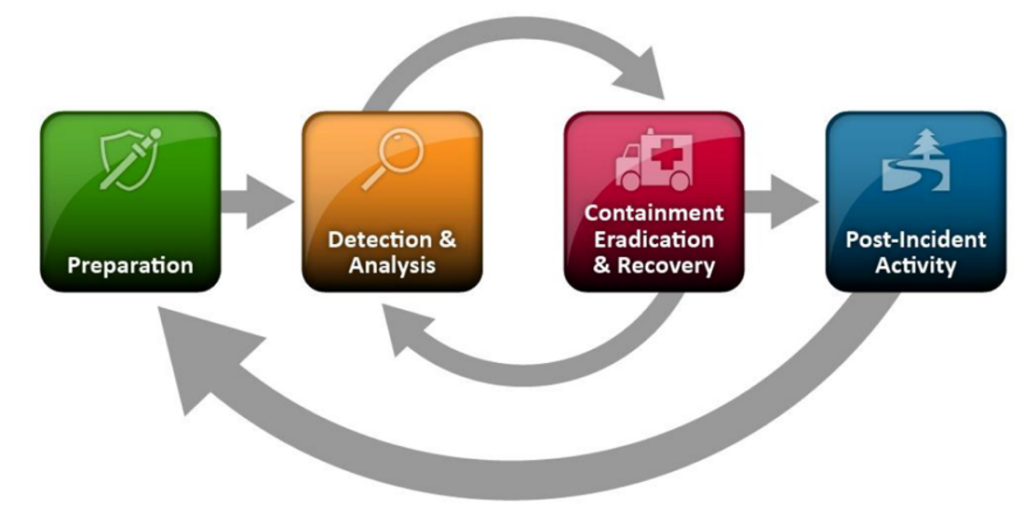Healthcare is one of the most targeted industries by relentless cyber attackers. Are security measures and systems protecting healthcare data in the cloud up to the challenge – or are they less robust than in other sectors?
In healthcare, cybersecurity means protecting patients. That said, the challenges of securing protected health information (PHI) are significant, including managing large quantities of sensitive data, complexity in IT and compliance requirements, talent gaps in cybersecurity, and budget and staffing challenges.
PHI represents far more than just a compilation of medical records. It serves as a repository of personal and financial details, forming a comprehensive profile of an individual’s identity. This invaluable treasure trove becomes a sought-after commodity on the dark web, ripe for a multitude of malicious uses ranging from identity theft to financial fraud.
One of the compelling aspects that heightens the appeal of these records is their enduring relevance and vast quantity. In stark contrast to credit card data, which loses its utility once the card is blocked or expires, PHI retains its value over a prolonged period. Reports suggest that a single PHI record can fetch as much as $250 for a hacker, making it approximately ten times more valuable than credit card data.
This shows a stark disparity in terms of cybersecurity spending between the healthcare industry and the financial services industry. This could be due to several factors, such as the size of the industry or its technology infrastructure, but it potentially reveals a general lack of understanding about the importance of cybersecurity in many industries. Healthcare institutions allocate approximately 5% of their IT budgets to cybersecurity, while the financial services sector, which ranks second highest in breach remediation expenses, commits 10.9% of its IT budget to cybersecurity expenditures, by comparison.
In essence, the attractiveness of healthcare PHI to hackers stems from its comprehensiveness, longevity, and the relatively straightforward access it offers. This serves as a sobering reminder of why cybersecurity matters in our increasingly digital world.
Why Managed Detection & Response Services for Healthcare?
As a growing category in cybersecurity services, Managed Detection and Response (MDR) brings a specialized team of experts on board to manage your organization’s endpoints, networks, and cloud environments. MDR Security teams are watchmen and guardians of your digital borders, constantly monitoring and responding to cyber threats and security events.
But MDR is not reactive – it’s about the proactive containment and disruption of threats. Effective and successful MDR providers have the expertise to monitor cloud environments around the clock. They’re your cyber threat hunters, using their skills to detect and respond to threats that pose a danger to your organization and your sensitive data.
The benefits of an MDR service to healthcare organizations extend beyond the all-important realm of cybersecurity. Some of the benefits include but are not limited to:
1. Preventing Cyberattacks: Using MDR services, healthcare organizations can avoid the crippling costs and disruption of cyberattacks. They provide a swift and efficient response to threats, helping to prevent data breaches, financial losses, and damage to your reputation.

2. Regulatory Compliance: Healthcare organizations are subject to strict regulations like HIPAA and GDPR. MDR provides the necessary expertise and resources to help you comply with these regulations and protect your data from cyber threats.
3. Resource Optimization: By leveraging MDR services, healthcare providers can free up valuable IT resources, allowing their teams to focus on what truly matters – patient safety, innovation, and business growth.
The Importance of Proactive Threat Hunting in Healthcare Cybersecurity
Because healthcare companies are repositories of highly sensitive data and attractive targets for cyber threats, it is increasingly important to take a proactive approach to cybersecurity. However, many healthcare companies lack the resources required to hire, train, and retain these professionals themselves. Healthcare organizations should have the freedom to focus on what they do best: providing patient care and growing their businesses, while leaving the complex task of security to MDR the experts.
The Four Components of ClearDATA’s MDR: Prepare, Detect, Respond, Recover
1. Prepare: Setting the Stage for Success
Our experts will advise you on available XDR integrations, and together, we’ll establish primary contacts. With this groundwork laid, we can then move on to the next step: deployment. We use only the best-in-class technology to deploy Endpoint Agents and Log Collectors, giving us a comprehensive view of the threats facing your environment.
2. Detect: Unmasking Cyber Threats
Stay one step ahead of cyber threats with our comprehensive detection services. Our expert team gathers data from diverse and reliable sources to provide you with up-to-the-minute threat intelligence. We proactively monitor potential security incidents and actively hunt down threats to keep your business safe. With our swift customer notifications, you’ll receive immediate alerts when action is needed. Trust us to unmask and neutralize cyber threats before they cause harm.
3. Respond: Addressing Threats Head-On
Your ClearDATA team provides automated threat response with real-time actions for immediate threat containment. Additionally, when we identify threats, we provide you with notifications and analysis that you can proactively send out to your customers, with unique feedback and guidance depending on individual needs and preferences.
4. Recover: Taking Action Post-Incident
Post-incident recovery is a crucial aspect of cybersecurity, serving to restore normal operations and mitigate the impact of a security breach. It involves identifying and rectifying vulnerabilities that led to the incident and enhancing the system’s resilience against future attacks. This process not only helps in reducing business downtime but also fortifies trust with stakeholders by demonstrating a proactive approach towards security. Ultimately, effective post-incident recovery is key to safeguarding an organization’s reputation and financial stability in the digital landscape.
Whether it’s through our advanced MDR offerings or our specialized XDR integrations, ClearDATA stands ready to defend your healthcare organization from the ever-evolving landscape of cyber threats. We’re prepared, vigilant, and committed to your security. Let’s protect your data, together.
Be sure to check out our software and services package options and contact us to speak with an expert.


